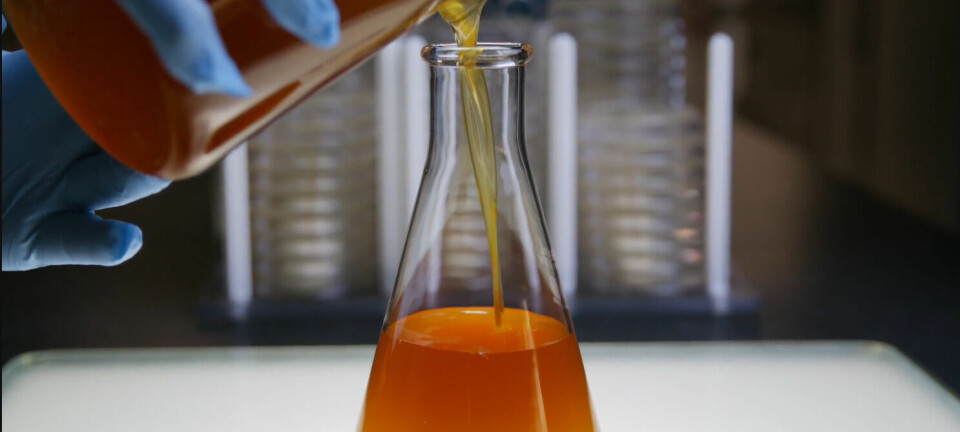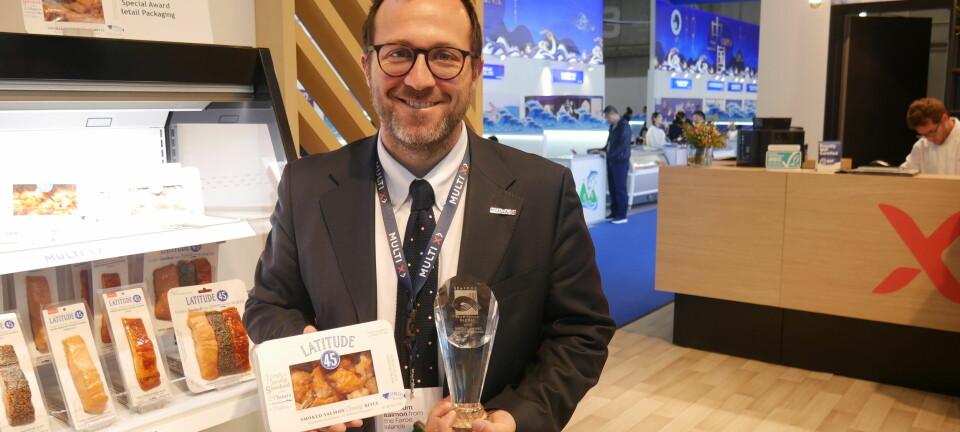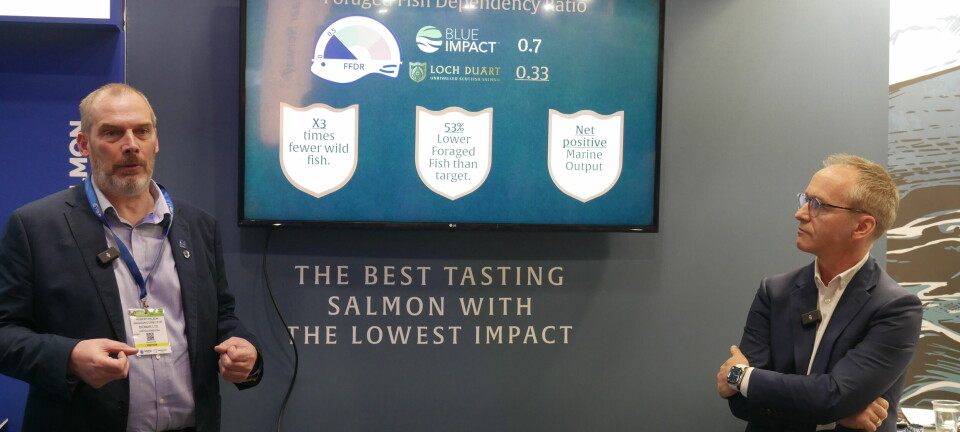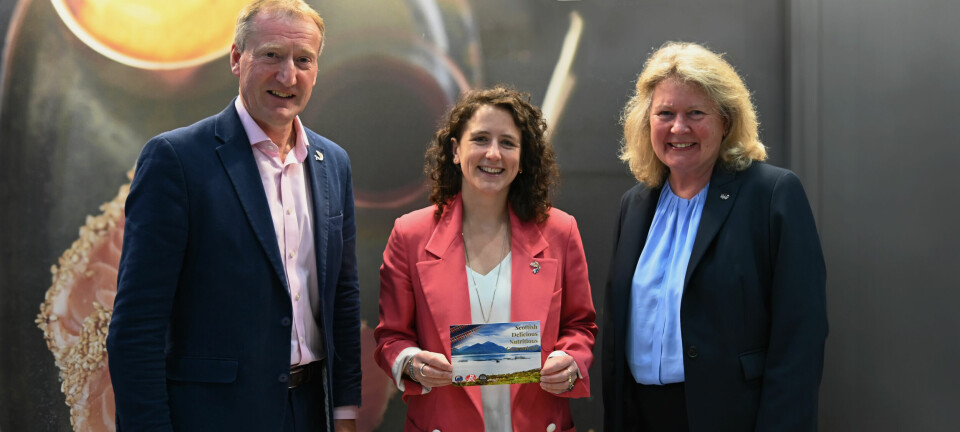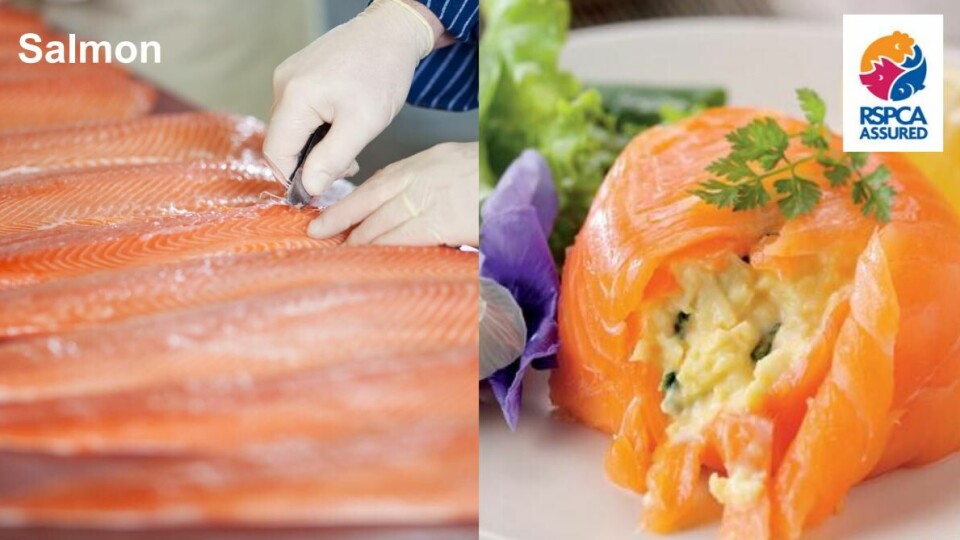
Scottish salmon included in RSPCA push for caterers to use high-welfare food
All but one of Scotland’s salmon producers have been included in a directory launched by certification body RSPCA Assured to help foodservice businesses more easily identify suppliers of higher welfare meat, eggs, fish and dairy products.
The Business to Business Supplier Guide & Directory for RSPCA Assured Products coincides with a report that the foodservice sector isn’t doing enough to meet growing customer demand for higher welfare animal products.
The report, A Caterer’s Guide to Better Meat, is produced by Footprint, a leading UK environmental, social and governance (ESG) and sustainability expert in the food and drinks industry, in association with RSPCA Assured.
One concern included in the report is that some businesses are sourcing higher welfare products but failing to market them accordingly to their customers, which means they are paying a higher price for products but not gaining any marketing benefit to justify this commercially.
Supply chains
All of Scotland’s salmon farmers are allied to RSPCA Assured and are included in the directory apart from Skye farmer Organic Sea Harvest, which is certified by the Soil Association and covered by the Association’s own welfare standards.
Along with seven salmon farmers, the directory also lists four salmon smokers, 26 companies in the manufacturing and value-added products category, and eight in the value-added products category.
Three trout farmers – Chal Stream Foods Ltd, Dawnfresh Seafoods Ltd and Trafalgar Fisheries - are listed, along with four companies in the manufacturing and value-added products category and one smokehouse.
Cliona Duffy, RSPCA Assured’s head of corporate partnerships, said: “We’re really excited to launch this new directory and hope it will help give the foodservice industry the boost it needs to better develop higher welfare supply chains. It’s the first in a series of tools we are developing for the foodservice sector, with tips for marketing and highlighting higher welfare sourcing to follow.”
